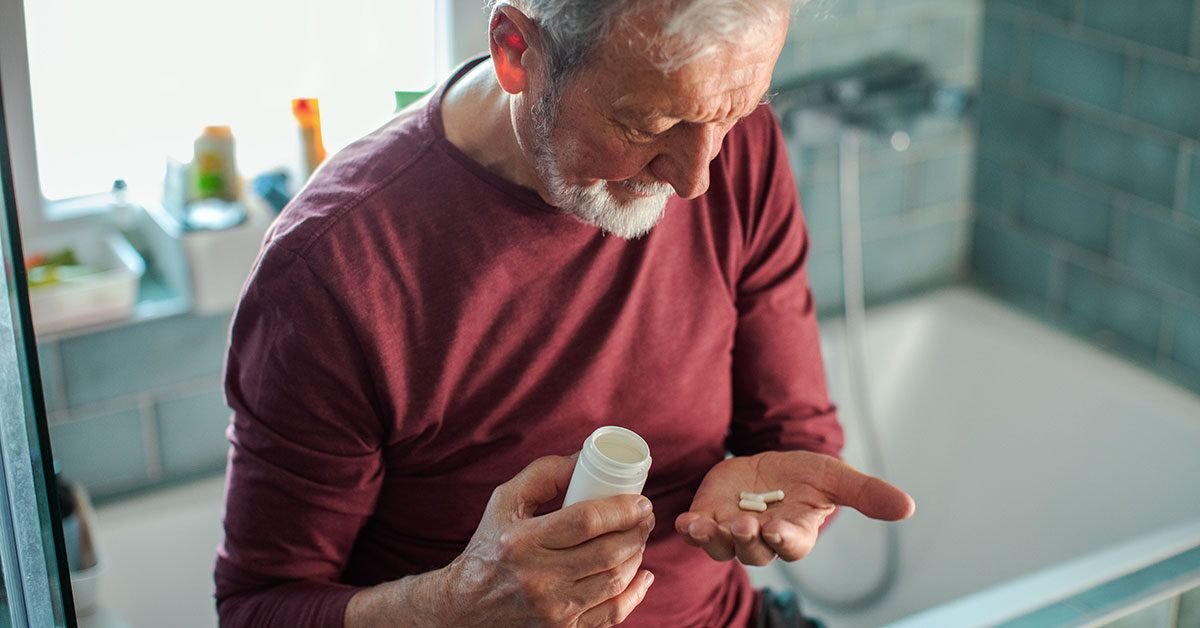Alcohol use disorder (AUD) can cause severe deficiencies of several vitamins and minerals.
Chronic alcohol use can lead to malnutrition and vitamin deficiencies in many ways. Not only will your appetite decrease, but your body will have a harder time processing and absorbing important nutrients.
Supplementing with certain vitamins and minerals, such as thiamine, vitamin C, and magnesium, can support liver recovery and restore depleted essential nutrients.
Nutritional deficiencies commonly seen in patients with AUD include:
One
Vitamins are essential for aiding detoxification, regeneration, metabolism, and helping the liver after alcohol abuse.
Here are some vitamins and nutrients that can help your liver heal.
- Vitamin B group: B vitamins are important for various metabolic processes in the liver, such as detoxification and energy production.
- vitamin C: Vitamin C is a powerful antioxidant that protects the liver from alcohol-induced oxidative stress and promotes the production of the detoxifying enzyme glutathione.
- vitamin E: Vitamin E, an antioxidant, protects liver cells from oxidative damage caused by alcohol and may aid liver tissue regeneration.
- Vitamin D: Vitamin D plays a role in reducing liver inflammation and may support liver health.
- Vitamin K: Vitamin K is essential for blood clotting, which may be impaired in people with liver damage.
- magnesium: Magnesium is involved in a variety of metabolic processes, including supporting liver function. Evidence shows that people with AUD often have lower magnesium levels than healthy people, which may be associated with the development of liver disease.
- selenium: Selenium, an essential mineral, promotes the production of antioxidant enzymes and protects the liver from oxidative damage.
- zinc: Zinc plays a role in liver detoxification and tissue repair and may support the liver’s ability to regenerate damaged tissue.
- Milk thistle (silymarin): Milk thistle is not a vitamin, but an herbal supplement that has been studied for its potential benefits in liver health.
the study Studies suggest that milk thistle may help protect liver cells and suppress free radicals. - omega 3 fatty acids: Found in a variety of sources, including fish oil and flaxseed oil, these healthy fats have anti-inflammatory properties and can help reduce liver inflammation associated with alcohol damage.
Taking vitamins during sobriety can help combat nutrient deficiencies and support the body’s recovery, especially in preventing and managing conditions such as Wernicke-Korsakoff syndrome, which can result from thiamine deficiency.
Here are some vitamins that may be considered during alcohol withdrawal.
- Thiamine or vitamin B1 (deficiency can cause Wernicke-Korsakoff syndrome)
- Vitamin B group
- vitamin C
- Magnesium (helps reduce muscle spasms and spasms)
- zinc
- Omega-3 fatty acids (may reduce inflammation and oxidative stress)
Supplements can help reduce alcohol cravings through mechanisms such as addressing nutritional deficiencies, regulating neurotransmitters, and providing antioxidant support.
Supplements that have been studied for their potential to reduce alcohol cravings and support recovery include:
- N-acetylcysteine (NAC): NAC may help reduce cravings by replenishing glutathione, an antioxidant that can be depleted with alcohol use.a
2018 survey NAC has been found to have the potential to reduce alcohol consumption by approximately 30% in adults receiving treatment for cannabis use disorder. - GABA (gamma aminobutyric acid)): GABA is an inhibitory neurotransmitter that helps calm the brain.
Survey from 2014 This suggests that alcohol may disrupt the delicate balance between GABA and glutamate (excitatory neurotransmitters) in the brain. Supplementing with GABA may help suppress appetite. - 5-HTP (5-hydroxytryptophan): 5-HTP is a precursor to serotonin, a neurotransmitter involved in mood regulation, and can indirectly affect cravings and mood.
- L-glutamine: L-glutamine, an amino acid, plays a role in neurotransmitter regulation and has been studied for its ability to reduce cravings by regulating neurotransmitters.
In a 2011 study, 20 participants recovering from AUD took a nutritional supplement containing D-phenylalanine, L-glutamine, and 5-HTP during detox. Results showed reduced psychiatric symptoms and improved mental health and immune function.
Chronic alcohol use can deplete the body’s vitamins and minerals by decreasing appetite, interfering with nutrient absorption, and impairing the body’s ability to effectively utilize nutrients.
Taking supplements like vitamin C, NAC, and GABA can replenish your nutrient stores, reduce cravings, and potentially ease withdrawal symptoms.
It is important to note that withdrawal from alcohol can be particularly dangerous, especially if you have been drinking heavily for a long period of time.
If you are currently dealing with AUD, we encourage you to speak with a health care professional for assistance. They will provide you with the support and guidance you need throughout your recovery.

